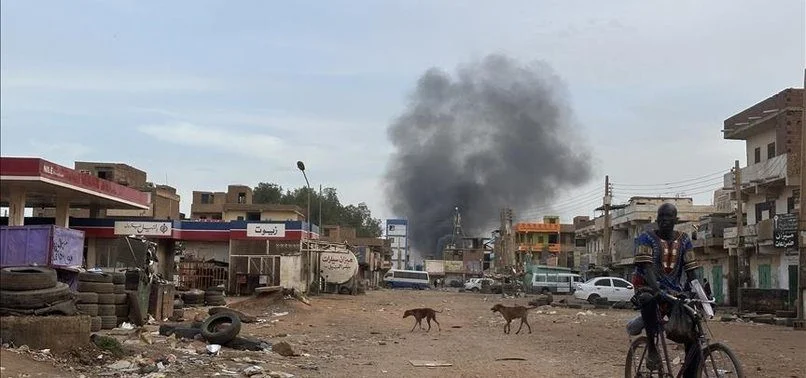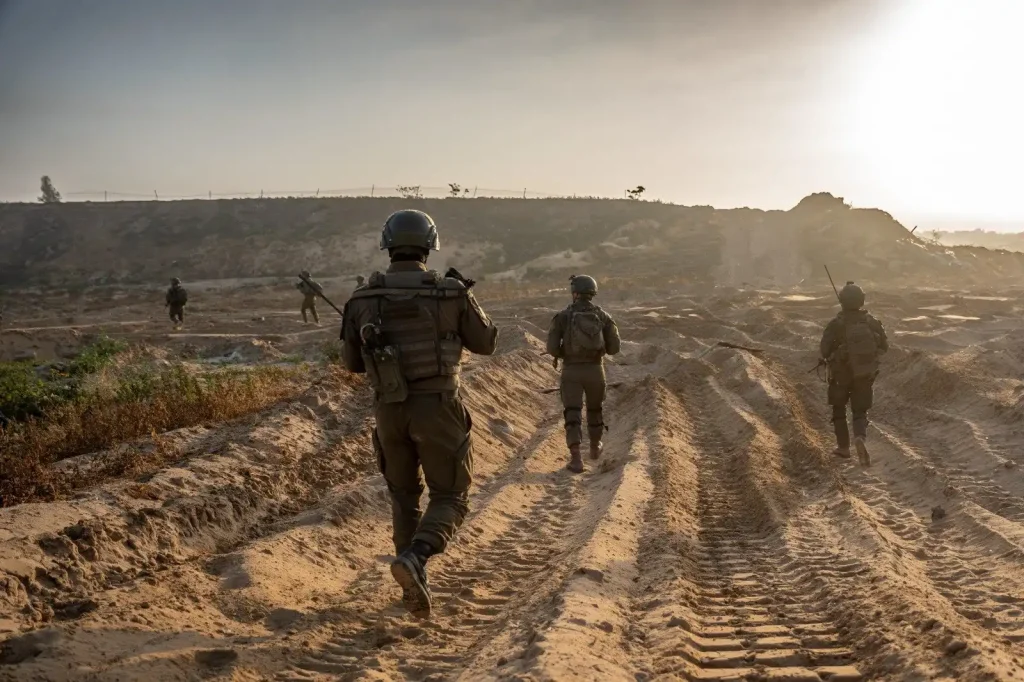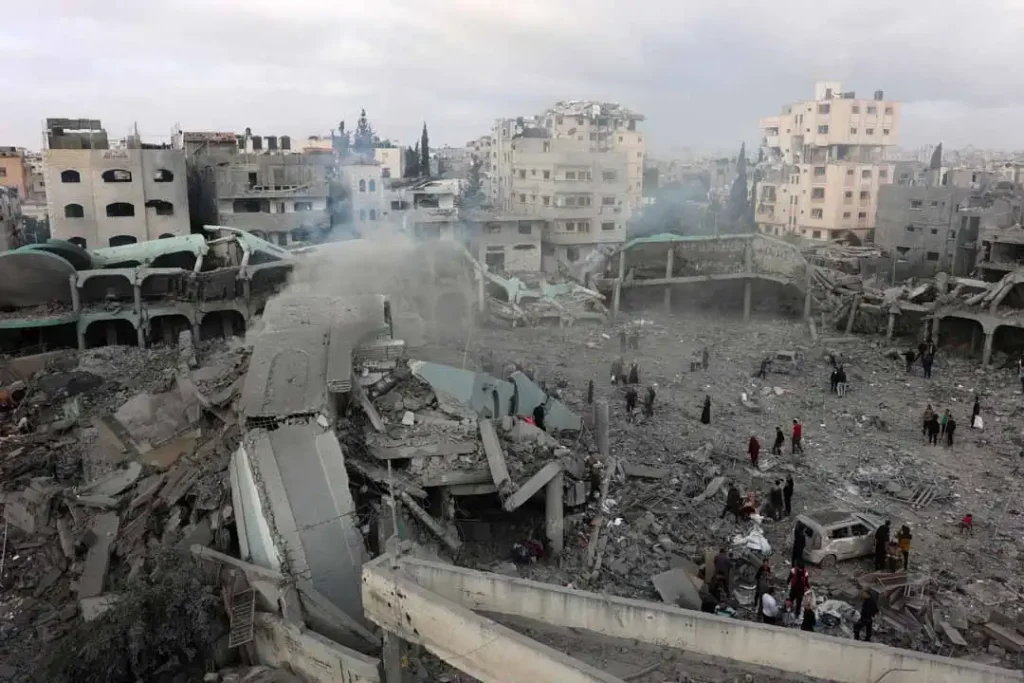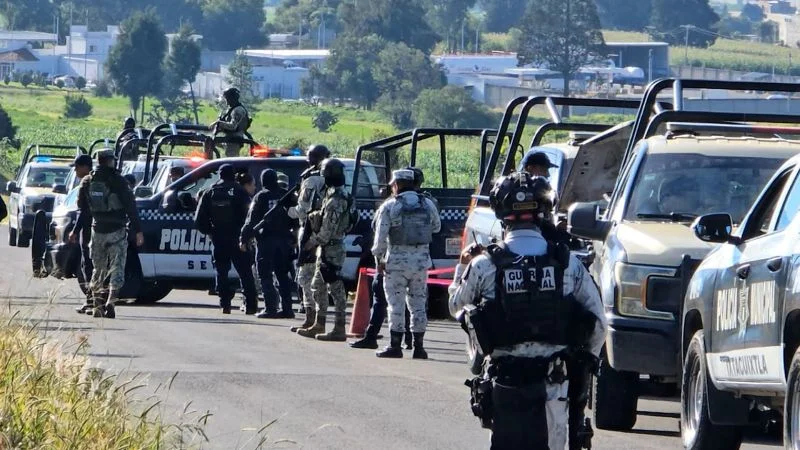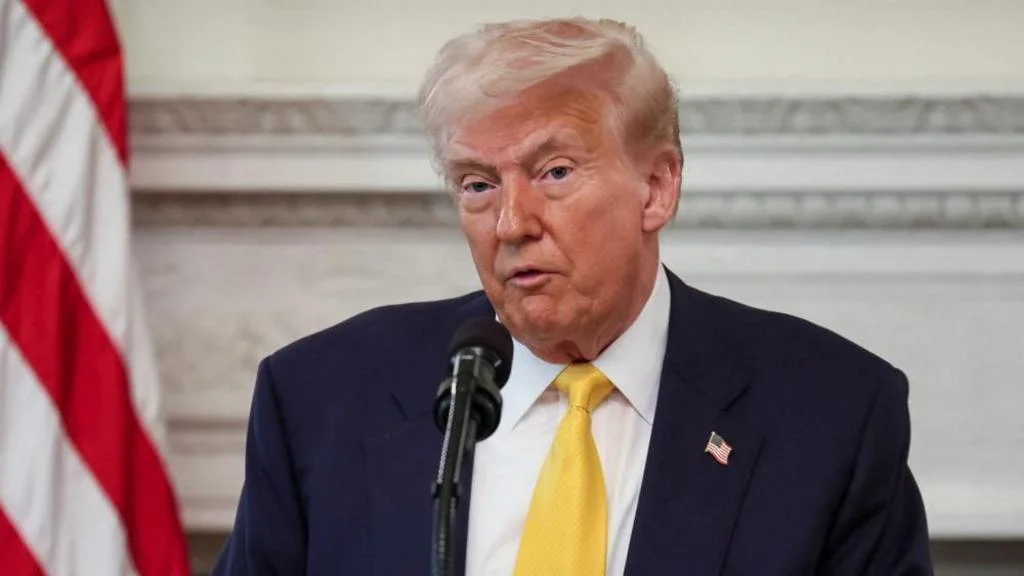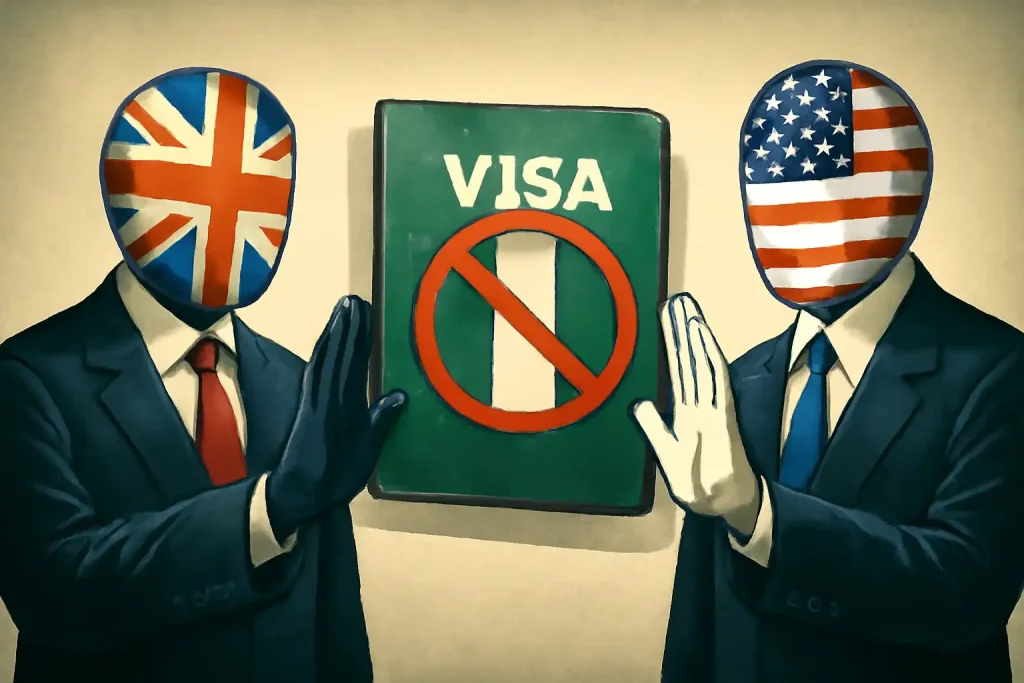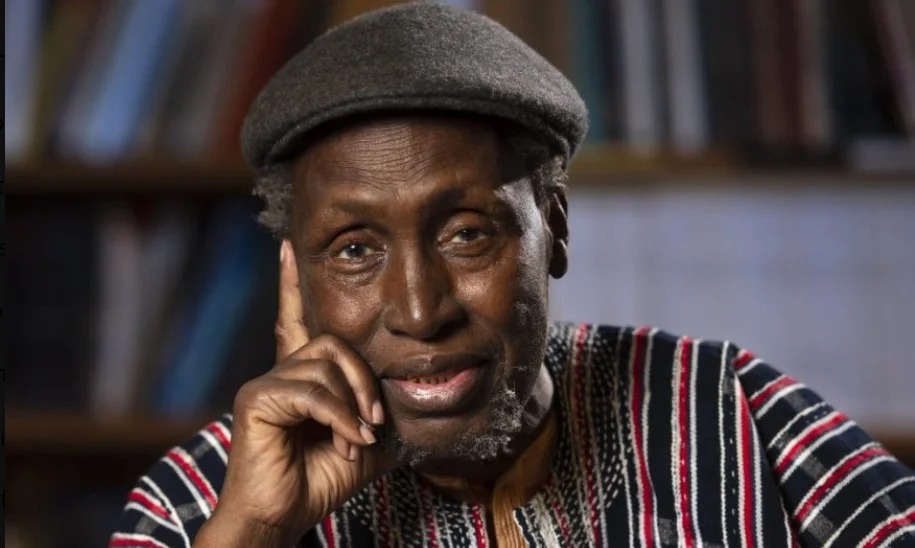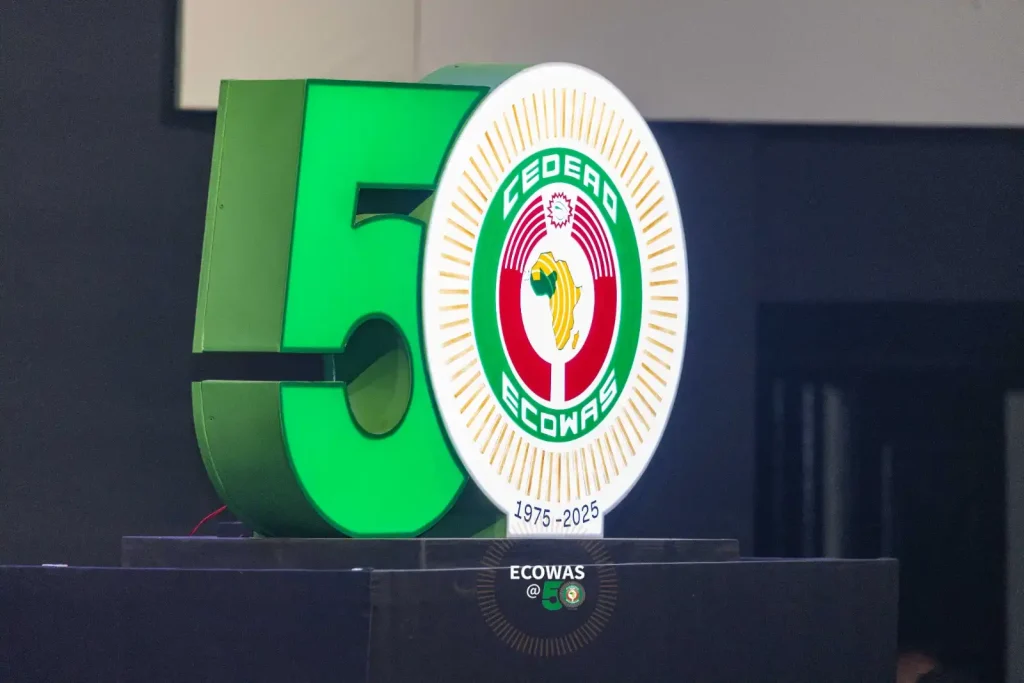The situation in Libya has been worsening rapidly over the past two months, according to Stephanie Koury, the deputy head of the UN Support Mission in Libya (UNSMIL). She warned that “unilateral” actions have increased tensions in the country.
Currently acting as the UN envoy for Libya after Abdoulaye Bathily resigned in April, Koury briefed the UN Security Council on the country’s political, economic, and security issues. She explained that recent unilateral moves by Libyan political, military, and security actors have deepened divisions and made efforts for a negotiated solution more difficult.
Despite these challenges, she acknowledged the Libyan people’s determination to move forward. She highlighted a “revived engagement” from political parties, trade unions, civil society, and independent figures, all working together to propose constructive ideas for shaping the political process.
UNSMIL has been focused on creating confidence-building measures to prevent further unilateral actions and to support a return to the political process, Koury added.
She also expressed concern over the growing frustration among Libyans, who fear war and instability. Many young people feel they have no future in the country and are seeking ways to leave. “This is unacceptable,” Koury emphasized.
Libya’s Ambassador to the UN, Taher Al-Sunni, criticized the UN Security Council for its lack of practical solutions, asking, “Who is responsible for protecting international peace and security?”
He stressed the need for free, transparent, and inclusive elections, and called for a clear roadmap for the political process. Al-Sunni argued that the international community has never given Libyans full control over their own political future.
He also voiced Libya’s determination to rid the country of foreign interference, saying, “The Libyan people want to be in charge of their own destiny and reject all foreign involvement in Libyan affairs.”

